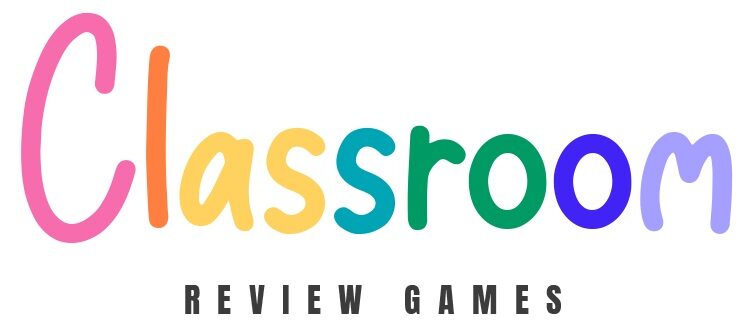How Games Can Increase Student Engagement
Games can significantly increase student engagement in several ways. Let’s use a word quiz game as an example:
An excellent example of how games can increase student engagement is the use of a vocabulary quiz game like Password. This game can transform a traditionally mundane task, such as memorizing new words, into an exciting and interactive experience.
Firstly, the game makes learning more enjoyable and less intimidating. Students can play together in a group against the teachers which is fun and creates great team-building skills. This playful approach reduces anxiety and can make students more eager to learn.
Secondly, the game introduces a competitive element. Students might compete to score higher points by correctly using new words. This competition can motivate them to pay more attention and actively participate in the learning process.
Thirdly, games often provide immediate feedback. In a vocabulary game, students instantly know if they used a word correctly. This immediate response helps them learn and remember better, as opposed to waiting for delayed feedback from a traditional classroom setting.
Lastly, games can cater to different learning styles. Visual learners might benefit from graphics in the game, while auditory learners might benefit from listening to the words used in context. This inclusivity can engage a broader range of students.
In summary, educational games show how to make learning more enjoyable, competitive, interactive, and tailored to various learning styles, thereby significantly increasing student engagement.
